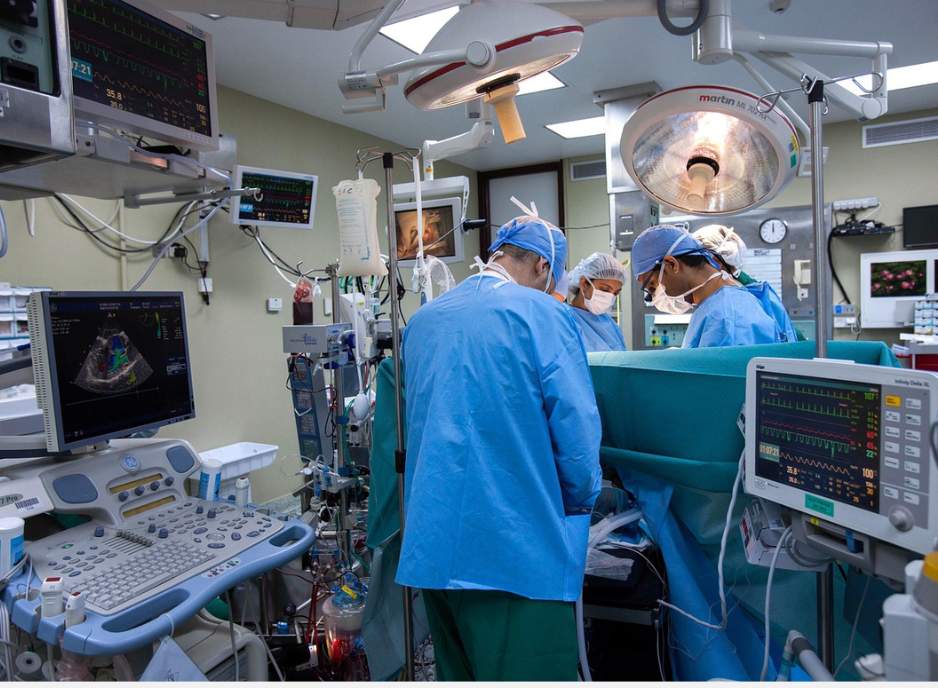Brian Grossman, Chair Elect, MetroWest Chamber of Commerce
In an interview with Invest:, Brian Grossman, chair-elect at the MetroWest Chamber of Commerce, discussed the unique advantages of the MetroWest area for business and living. Highlighting its strategic location, robust transportation network, excellent dining options, top-tier schools, and diverse business community, Grossman underscored MetroWest’s appeal for companies and residents alike.
What makes the MetroWest area a great place to live and do business?
As far as MetroWest goes, it’s uniquely positioned in Massachusetts at the crossroads between Boston and Worcester. The area extends toward Route 128, with major arteries of transportation running through it, which is beneficial for commercial, industrial, delivery, and manufacturing uses. The major roadway system is convenient and easy to access. MetroWest offers a variety of dining options with an excellent restaurant scene and several communities with great school systems, attracting top talent. We have major players in business, such as MathWorks, Sanofi, and Staples, which also attract outstanding professionals. Additionally, we have the Natick Mall and Shoppers World, and other smaller retail centers providing numerous retail opportunities. Whether you want places to work, play, live, or do all three, MetroWest has something to offer.
What is the business community like for the cities in MetroWest?
We have 10 core member towns, but the MetroWest area extends beyond those, including Wayland, Natick, Framingham, Ashland, and Hopkinton. It also reaches into Marlborough, Northborough, and even Wellesley. Our membership is broad and diverse, serving a wide area. In addition to large companies like Staples, MathWorks, and Sanofi, it includes everything from hotel chains, law firms, financial management firms, commercial and residential real estate, accountants, restaurants, to mid-size and even single-member businesses. We cover a large swath of the business community, and our membership provides a variety of services.
I’d be remiss if I didn’t mention that we also have educational institutions like MassBay Community College and Framingham State University, that are significant contributors to our community. Dr. Niemi, the current president of FSU, and past presidents from MassBay have both served on our board of directors.
What are some of the biggest challenges businesses in the Greater Boston area face?
One of the most common challenges we hear about, and this is true across the Greater Boston area and the entire state, is the issue of affordable and market-rate housing. This concern is prevalent among our members, whether they are small or large companies. Businesses need employees, and those employees need housing they can afford.
Mass transit and traffic are also important, but less so if employees can live near their workplaces. For major employers, attracting and retaining top talent is difficult if those employees are priced out of the housing market. Competitive job offers can be less appealing if the cost of living here is significantly higher than in other areas.
The ability to provide market-rate, workforce, and affordable housing is crucial. The current administration is pushing for this, but we still face a significant shortage of housing opportunities, particularly for mid to entry-level employees. Housing costs, both for owning and renting, are very high. In Boston, average rents are now over $3,000, and this trend is impacting the greater MetroWest area as well due to limited inventory.
What are some of the impacts of the MBTA Communities Act on housing and economic growth in Massachusetts?
The MBTA Communities Act is just starting to take effect, with municipalities reaching the end of the compliance period to enact zoning reforms that comply with the Act. We’ve seen some towns resisting implementation or trying to comply on paper without providing meaningful opportunities for development and there is even litigation between the state and towns unwilling to comply. While the Act is designed to be helpful, it won’t produce immediate results.
The state didn’t intend for towns to suddenly have 10,000 new units, as that would strain the system. Instead, the goal is gradual development. Even with by-right zoning, it will take time for developers to identify suitable properties, acquire them, design projects, obtain permits, and construct housing. This process spans months and years, and projects will be staggered, not simultaneous.
From a business standpoint, this is not just a local issue but a regional and statewide one. Many companies in MetroWest need housing nearby for their employees, but the problem extends beyond MetroWest, affecting areas inside and just outside of I-495 to areas west of Worcester. Development is needed in these areas to address the shortage of available housing stock.
Massachusetts has the third-highest average home price in the nation, behind California and Hawaii, which surprises many. The availability of homes for sale and rent is below 1.6% of inventory, limiting the ability of people to move, take new jobs, or be recruited from out of state. This housing shortage restricts the growth of local businesses and their ability to attract and retain talent, affecting the overall economy.
Massachusetts is home to some of the best colleges and universities, attracting top students from around the world, yet many leave after graduation due to the high cost of living. This hampers our ability to retain talent and grow our economy. It’s a significant statewide problem, impacting businesses of all sizes and hindering economic growth.
What are some key transportation issues affecting MetroWest and Boston commuters, and how could improvements benefit the region?
Traffic is a significant issue in and around MetroWest and Boston. I don’t have the exact statistics, but I believe we are among the top five worst areas for traffic. There are several projects affecting MetroWest, such as the I-495 interchange project, which impacts my daily life. Additionally, there are roadway improvement projects going into Boston that affect MetroWest residents who commute into or near Boston.
For 19 years, I commuted into Boston daily, and traffic has significantly worsened over time and dramatically so since COVID. This affects those who live in MetroWest and drive into the city. Transportation issues extend to the MBTA and commuter rail schedules, which need improvement. If more people use public transportation, the result will be an improvement in the traffic situation.
Personally, the commuter rail schedules never aligned with my work needs, which required flexibility for zoning and permitting work. Train schedules often didn’t accommodate early or late work hours. For instance, when I lived on the North Shore, the train schedule compressed opportunities between 3:30 and 5:30 p.m. If I missed the 5:30 p.m. train, the next one was an hour to an hour and a half later, which was highly inconvenient.
Improving commuter rail schedules to better align with the shift from a traditional 9 to 5 schedule and an increase in services offered by regional transit agencies like the MWRTA would help alleviate traffic, improve employee retention, and boost the state’s overall economy. Efficient transportation would allow people to live where they can afford and commute conveniently to their workplaces.
What is your outlook for Boston over the next few years?
My hope for Boston is that we resolve the housing, traffic, and transportation issues. These challenges are all interlinked.If the Commonwealth fails to adequately address these issues, it will lead to significant problems. If we don’t solve these issues, people and companies will eventually have to leave because they won’t be able to compete with those in cheaper, more accessible parts of the country.
Once an exodus starts, it may become an unstoppable snowball effect. Fortunately, some very large and important companies are deeply committed to Massachusetts, which hopefully will mitigate this risk.
Addressing these issues is crucial for driving economic growth in Massachusetts over the next 10 to 20 years. If we aim to host major events like the World Cup, the Olympics, or March Madness at the TD Garden, we need the necessary infrastructure to support these endeavors. We can get there, but right now, I don’t believe we have it.













